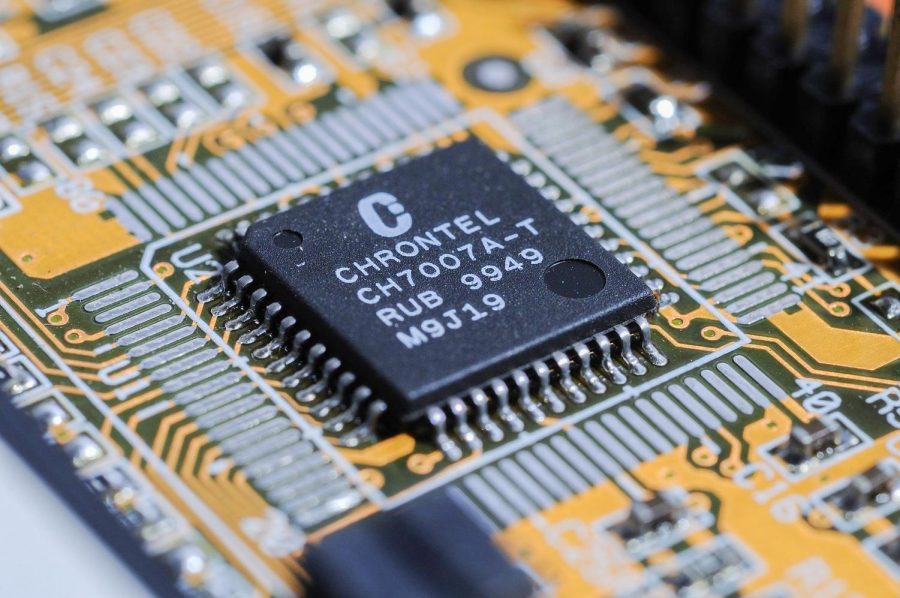Faculty candidate talks about particles
Fractons can be applied to quantum computers, improve banking computers, computer simulations; could develop life-saving drugs
Colloquium attendees include people from the physics department, and math department. The colloquiums help scientists share their research with others.
February 13, 2020
Michael Pretko, WSU faculty candidate for theoretical physics, spoke about particles called fractons on Tuesday during the Physics and Astronomy’s colloquium.
A fracton is a new type of particle which could be applied to building quantum computers, Pretko said.
Pretko said a fracton’s movement could be used to store information which would be better than most current computers. Fractons could improve banking protection and computer simulations. Improving computer simulations would aid in a wide variety of research including the development of new life-saving drugs, he said.
Classical computers are limited to searching for solutions independently of one another, but fractons have the potential to improve machine-based problem solving, he said.
“[Quantum computers] can sort of be simultaneously searching for all sorts of different solutions to a problem at the same time,” Pretko said.
Fractons remain locked in place, unable to move without the presence of other fractons, he said.
Sean Mossman, postdoctoral research associate, attended the colloquium on fractons Tuesday.
Mossman said the colloquium audience often consists not only of people in the physics department but also people studying mathematics and engineering. Graduate students can recommend colloquium speakers. The physics department designates a spot in the schedule to include speakers who are underrepresented in physics and astronomy, he said.
“These colloquia are great for growing our network as scientists,” Mossman said.
The main goal for these colloquia is to foster the collaboration of ideas and present students with the opportunity to learn new topics that they can not learn within the department, he said.
Brian Saam, physics department chair and professor, said speakers who present during these colloquia exchange ideas that help researchers collaborate. Bringing in speakers from outside of WSU prevents the department from being too nearsighted and inward-focused. New ideas move into the department when outside physicists bring in different perspectives and give these talks, he said.
“We have the goal of bringing in a broader audience and communicating the science … on a broader scale,” Saam said.
The department uses colloquia to recruit faculty candidates and provide a platform for physicists outside of WSU to share their work, he said.
“They’re adding a special twist to our 100 anniversary by also incorporating some stories and some historical elements about the history of the department,” Saam said.
Marc Weber, WSU faculty member, gave a talk on Jan. 30 about anti-matter.
Weber’s long-term mentor, Kelvin Lynn, passed away a month ago and he wanted to honor his mentor’s contribution to anti-matter positron research, he said.
Weber and Lynn’s field of study did not exist until around 1928, he said.
Broad audiences in physics were not aware of the implications of Einstein’s theory of relativity, he said.
“Sometimes we get stuck in our everyday activities and challenges or problems and we don’t really see that there’s progress being made,” Weber said
Philip Marston, WSU physics professor, is presenting on acoustical, optical and fluid wave physics later this month. Marston said that he is going to explain the thread that connects work in his field from the past to the present during his talk on Feb. 27.
“There is some value in kind of reflecting on a sequence of work and seeing how things are connected,” Marston said.
“When I’m able to go to the panel colloquium, I listen for things that might be useful to bring up in class,” he said.
Bringing new material to the classroom can help students see how course objectives relate to their fields of interest, Marston said. People outside of the physics department can find appreciation in the anniversary talks and will walk away with a better understanding of how various lines of work have connected over the span of several decades, he said.















